When I first stepped into PAUD PETA , a small kindergarten in North Jakarta, I quickly realised it was much more than a school. Founded by members of the local church, the organisation serves children from low to lower-middle income families, many of whom face barriers to entering formal education. Its mission is simple but urgent: prepare children with the literacy and numeracy skills they need to access government primary schools. For many, this is their only pathway forward, yet public seats are scarce and private options unaffordable. Despite modest facilities, the school’s leadership and teachers are unwaveringly committed. They print their own worksheets, create lessons without formal curricula, and act as mentors not only to students but also to parents who turn to them for guidance. PAUD PETA is both a classroom and a community anchor.
In my first week, I arrived just after Indonesia’s Independence Day celebrations and met with the founder and principal to better understand their vision for the school. I observed morning classes with larger groups of students and joined smaller sessions for children eager to learn more. The experience highlighted the children’s enthusiasm for learning, even as many began their education already behind national benchmarks. Teachers, though under-resourced, showed deep dedication, often teaching themselves new material and guiding students with patience. Challenges such as inconsistent discipline, behavioural difficulties, and poor nutrition were visible early on, yet so too was the resilience of the school community.
By the second week, I had the chance to take on a more active role. I assisted in reading and mathematics lessons, led English classes for teachers, and designed lesson materials tailored to their needs. I introduced interactive strategies to make classes more engaging and was also asked to lead mathematics sessions for the older children. What struck me most was the students’ eagerness. They would ask me directly to teach them and pushed themselves to tackle problems beyond their usual level. At the same time, I saw how financial hardship and systemic barriers could abruptly halt progress. One student, for example, had completed primary school but could not continue to secondary education because public schools were at capacity and private schools were out of reach. Teachers meanwhile were not only educators but also mentors, frequently advising parents on family struggles and becoming trusted figures in the wider community.
These first two weeks gave me a clear view of both the promise and the fragility of education in underserved communities. PAUD PETA operates in an environment where children’s futures are shaped as much by systemic gaps and family hardship as by their own motivation. Yet the passion of the students, combined with the quiet heroism of teachers and leaders, continues to drive small but vital changes.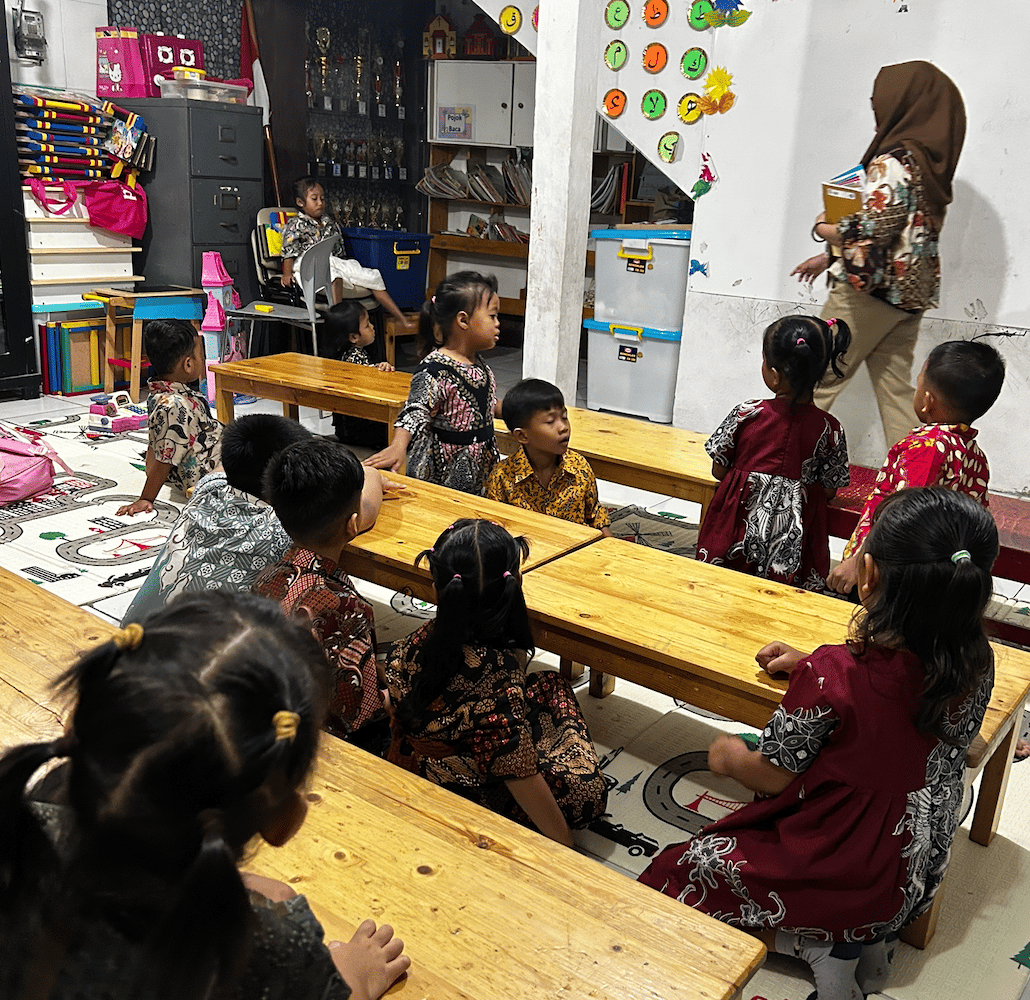
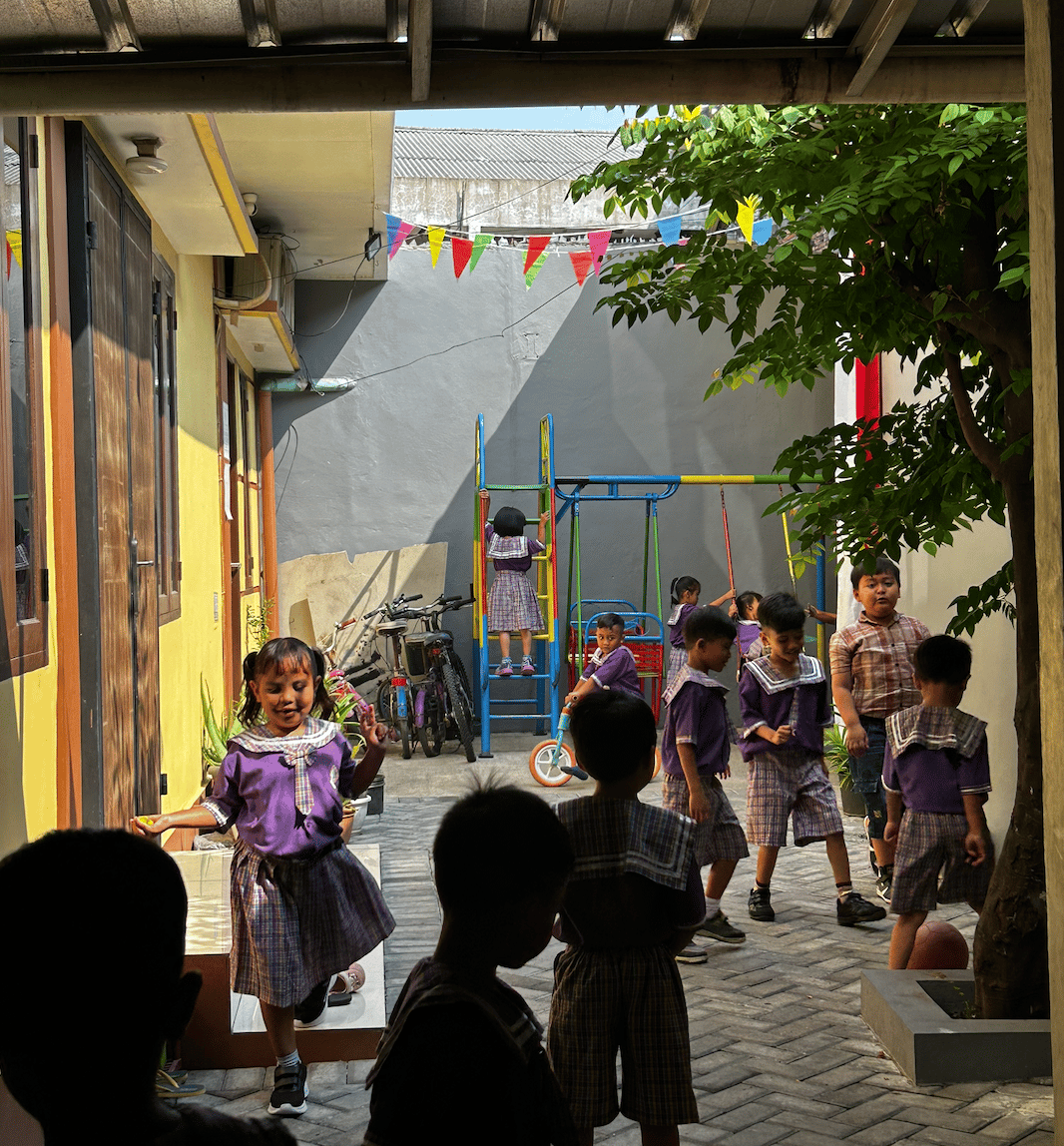
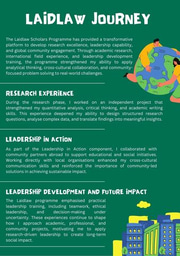
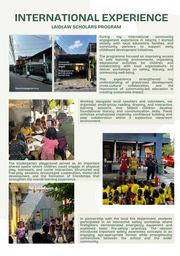
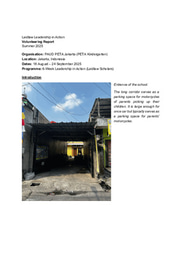
Please sign in
If you are a registered user on Laidlaw Scholars Network, please sign in